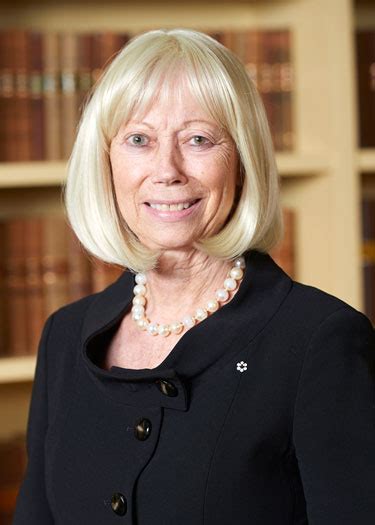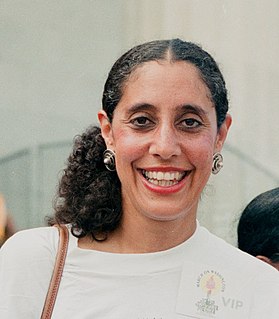A Quote by Justin Simien
This film isn't about "white racism", or racism at all. DEAR WHITE PEOPLE is about identity. It's about the difference between how the mass culture responds to a person because of their race and who they understand themselves to truly be. And this societal conflict appears to be one that many share.
Related Quotes
Critical Race Theory offers of discrimination frameworks as ways of understanding and eradicating racism. The focus on "discrimination" as the way to understand racism in the US has meant that racism is considered a question of discriminatory intentions - whether or not somebody intentionally left someone out or did something harmful because of their biased feelings about a person's race. This focus on individual racists with bad ideas hides the reality that racism exists wherever conditions of racialized maldistribution exist.
The problem is that white people see racism as conscious hate, when racism is bigger than that. Racism is a complex system of social and political levers and pulleys set up generations ago to continue working on the behalf of whites at other people's expense, whether whites know/like it or not. Racism is an insidious cultural disease. It is so insidious that it doesn't care if you are a white person who likes Black people; it's still going to find a way to infect how you deal with people who don't look like you.
I see racism as institutional: the rules are different for me because I'm black. It's not necessarily someone's specific attitude against me; it's just the fact that I, as a black man, have a much harder time making an art-house movie and getting it released than a white person does about their very white point of view. That's racism.
In aversive racism, the concept of racism is abhorrent to that person. But they're filled with racist conditioning and bias, as we all are. Because that conflicts with their identity as good people, they suppress it and are even more in denial about it. They are even more likely to erupt in defensiveness if it gets called out.
In the U.S., while individual whites might be against racism, they still benefit from their group's control. Yes, an individual person of color can sit at the tables of power, but the overwhelming majority of decision-makers will be white. Yes, white people can have problems and face barriers, but systematic racism won't be one of them.



































